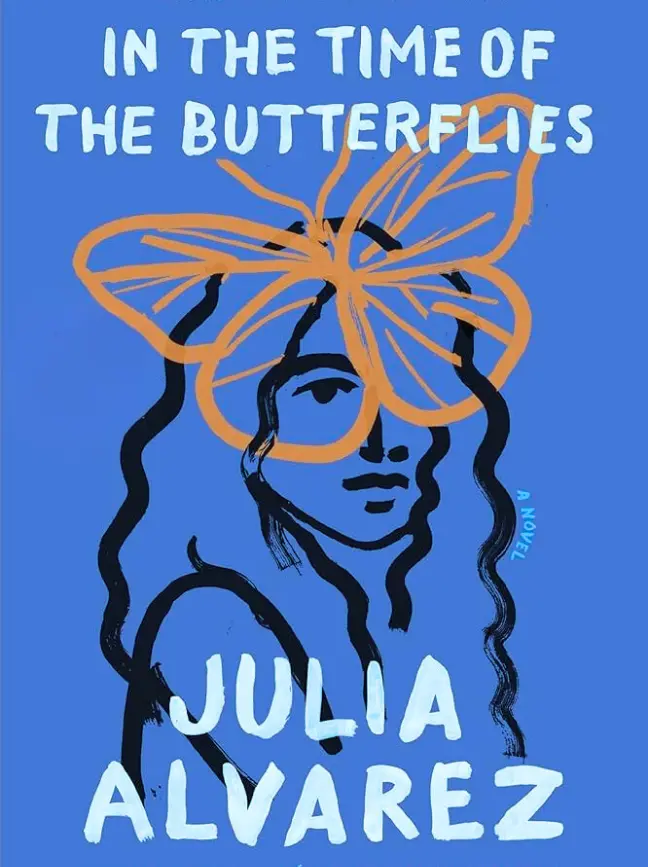Time of the Ostriches
Still they do not return to Paris. Still she does not go outside. Marie-Laure counts every day she has been shut up in Etienne’s house. One hundred and twenty. One hundred and twenty-one. She thinks of the transmitter in the attic, how it sent her grand-father’s voice flying over the sea—Consider a single piece glowing in your family’s stove—sailing like Darwin from Plymouth Sound to Cape Verde to Patagonia to the Falkland Islands, over waves, across borders.
“Once you’re done with the model,” she asks her father, “does that mean I
can go out?”
His sandpaper does not stop.
The stories Madame Manec’s visitors bring into the kitchen are terrifying and difficult to believe. Parisian cousins nobody has heard from in decades now write letters begging for capons, hams, hens. The dentist is selling wine through the mail. The perfumer is slaughtering lambs and carrying them in suitcases on the train to Paris, where he sells the meat for an enormous profit.
In Saint-Malo, people are fined for locking their doors, for keeping doves, for hoarding meat. Truffles disappear. Sparkling wine disappears. No eye contact.
No chatter in doorways. No sunbathing, no singing, no lovers strolling the ramparts in the evenings—such rules are not written down, but they may as well be. Icy winds whirl in from the Atlantic and Etienne barricades himself inside his brother’s old room and Marie-Laure endures the slow rain of hours by running her fingers over his seashells down in his study, ordering them by size, by species, by morphology, checking and rechecking their order, trying to make sure she has not missorted a single one.
Surely she could go out for a half hour? On the arm of her father? And yet each time her father refuses, a voice echoes up from a chamber of her memory: They’ll probably take the blind girls before they take the gimps.
Make them do things.
Outside the city walls, a few military boats cruise to and fro, and the flax is bundled and shipped and woven into rope or cables or parachute cord, and airborne gulls drop oysters or mussels or clams, and the sudden clatter on the
roof makes Marie-Laure bolt upright in bed. The mayor announces a new tax, and some of Madame Manec’s friends mutter that he has sold them out, that they need un homme à poigne, but others ask what the mayor is supposed to do. It becomes known as the time of the ostriches.
“Do we have our heads in the sand, Madame? Or do they?”
“Maybe everybody does,” she murmurs.
Madame Manec has taken to falling asleep at the table beside Marie-Laure. It takes her a long time to carry meals the five flights to Etienne’s room, wheezing the whole way. Most mornings, Madame is baking before anyone is awake; at midmorning she goes out into the city, cigarette in her mouth, to bring cakes or pots of stew to the sick or the stranded, and upstairs Marie-Laure’s father works on the model, sanding, nailing, cutting, measuring, each day working more frenetically than the last, as if against some deadline known only to him.







